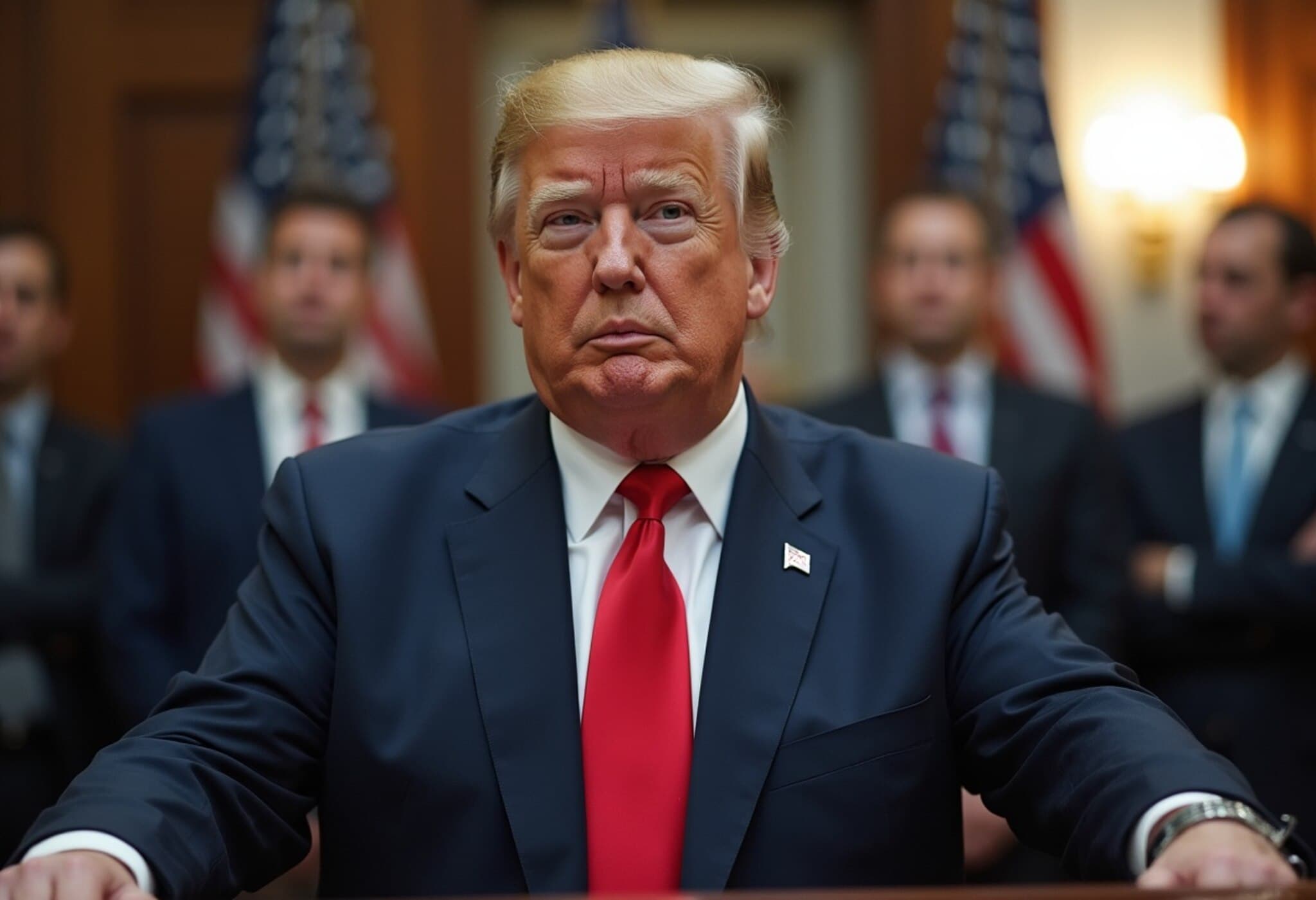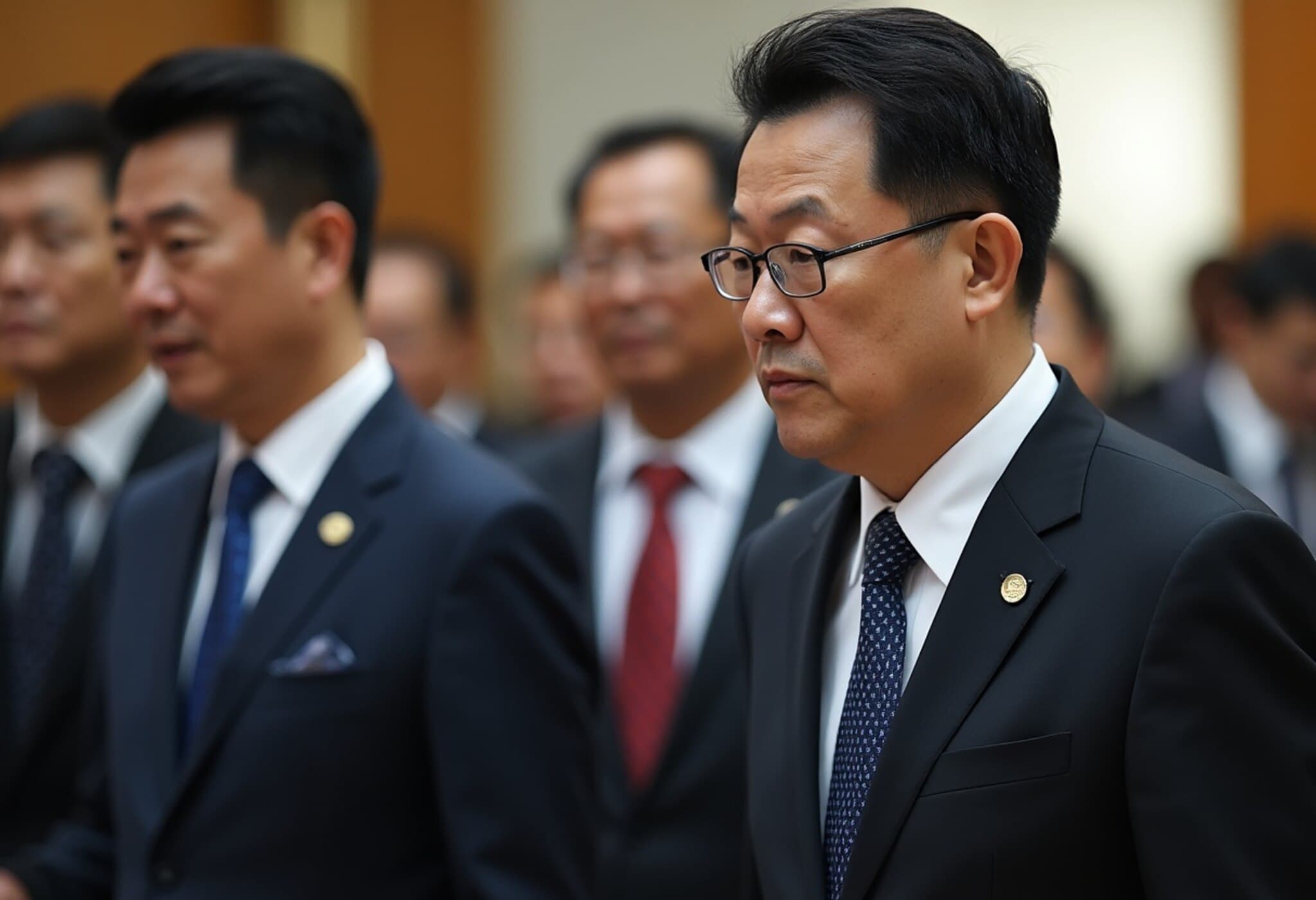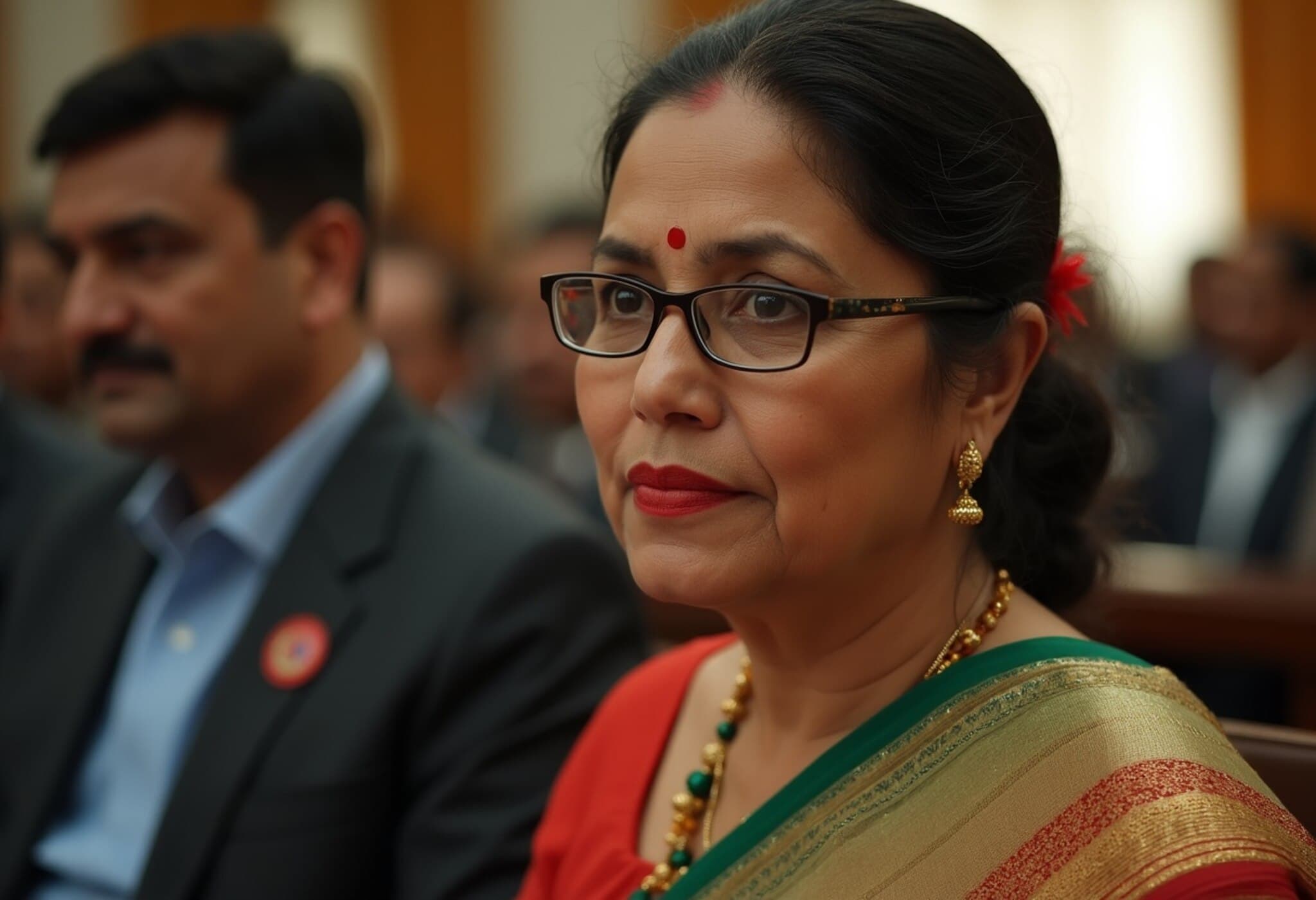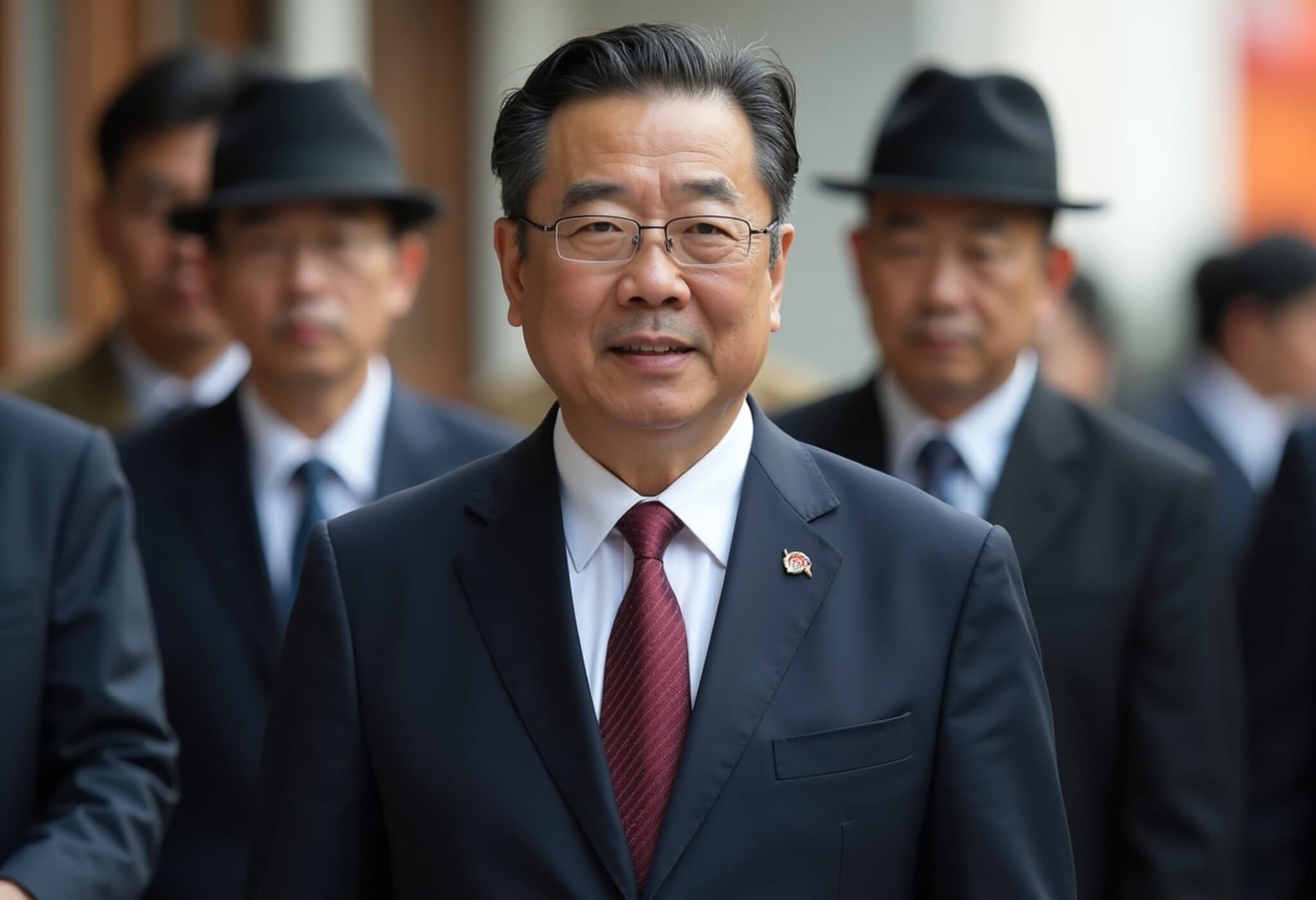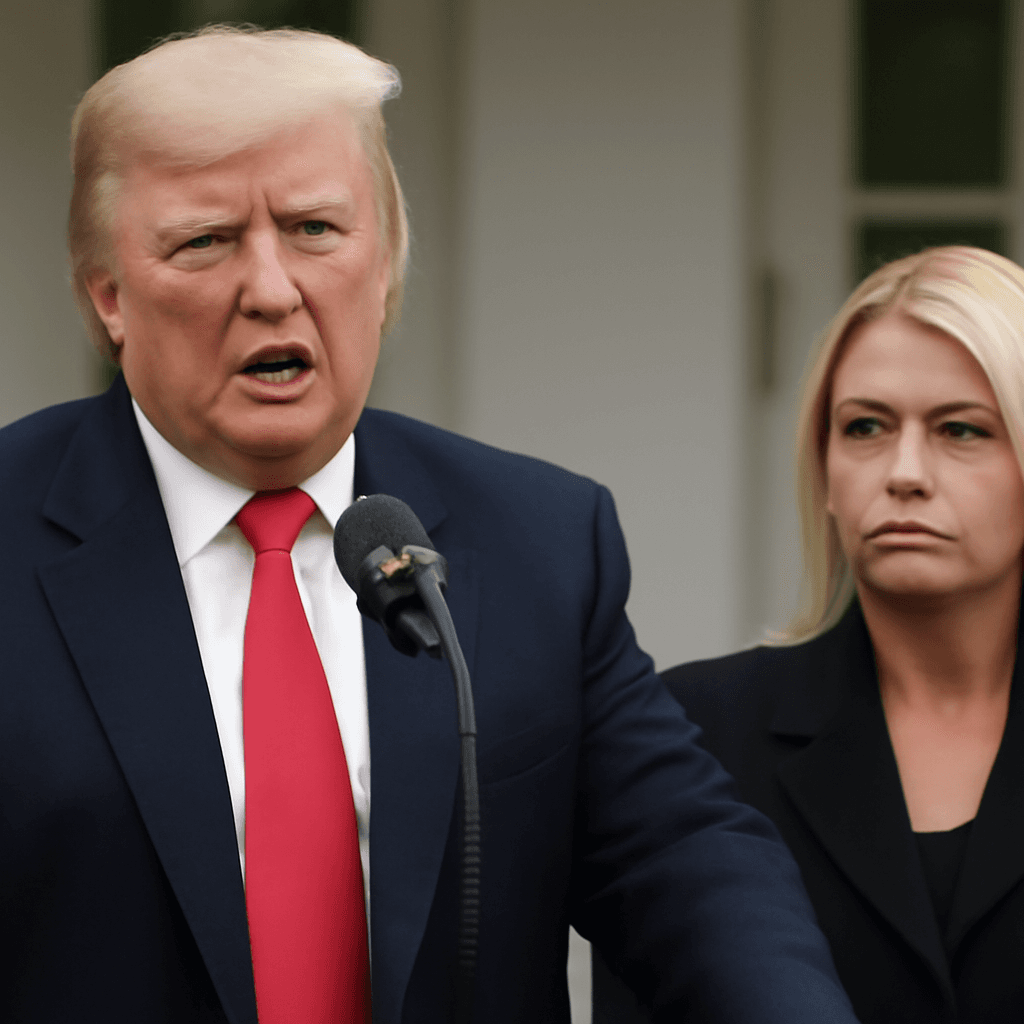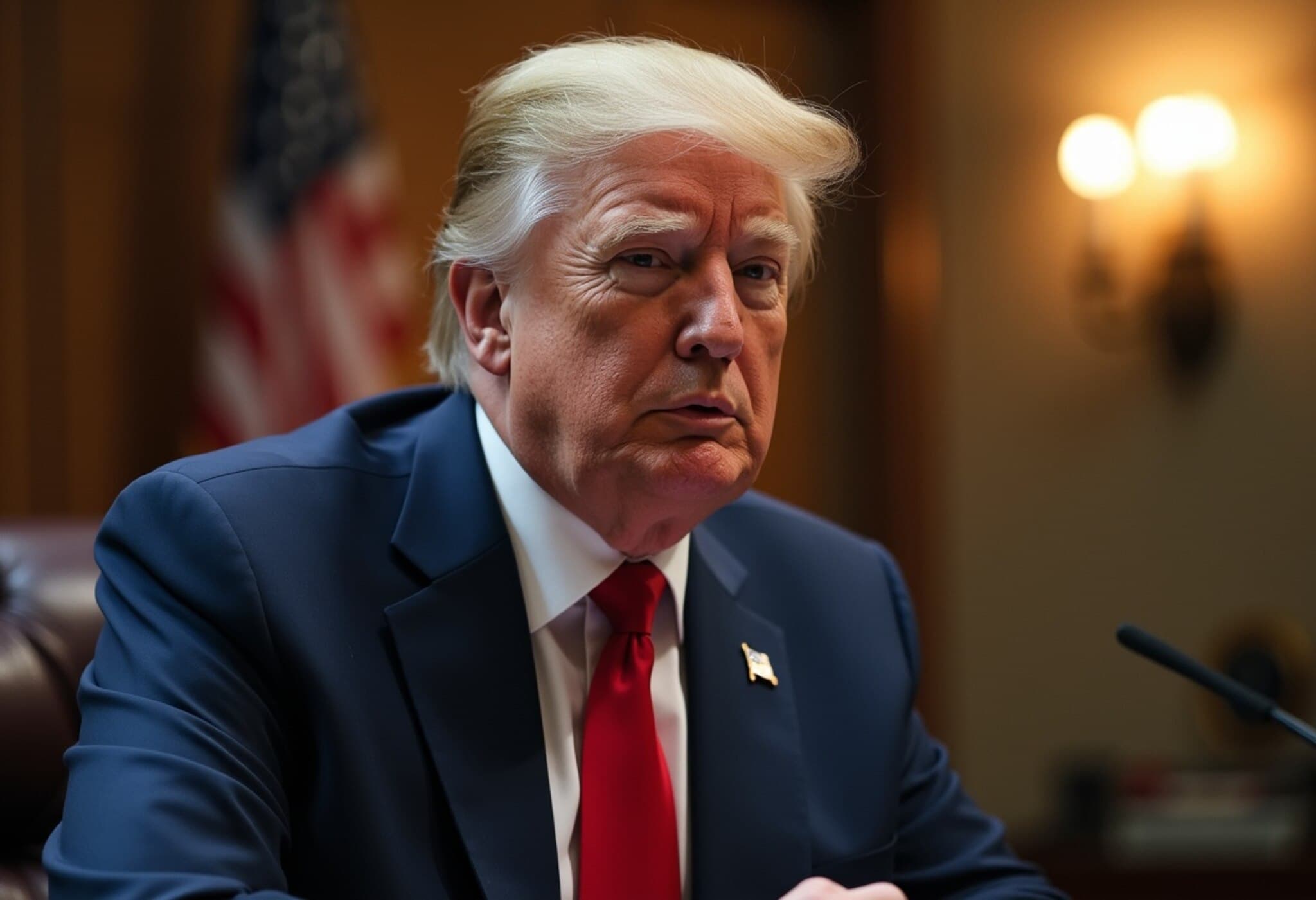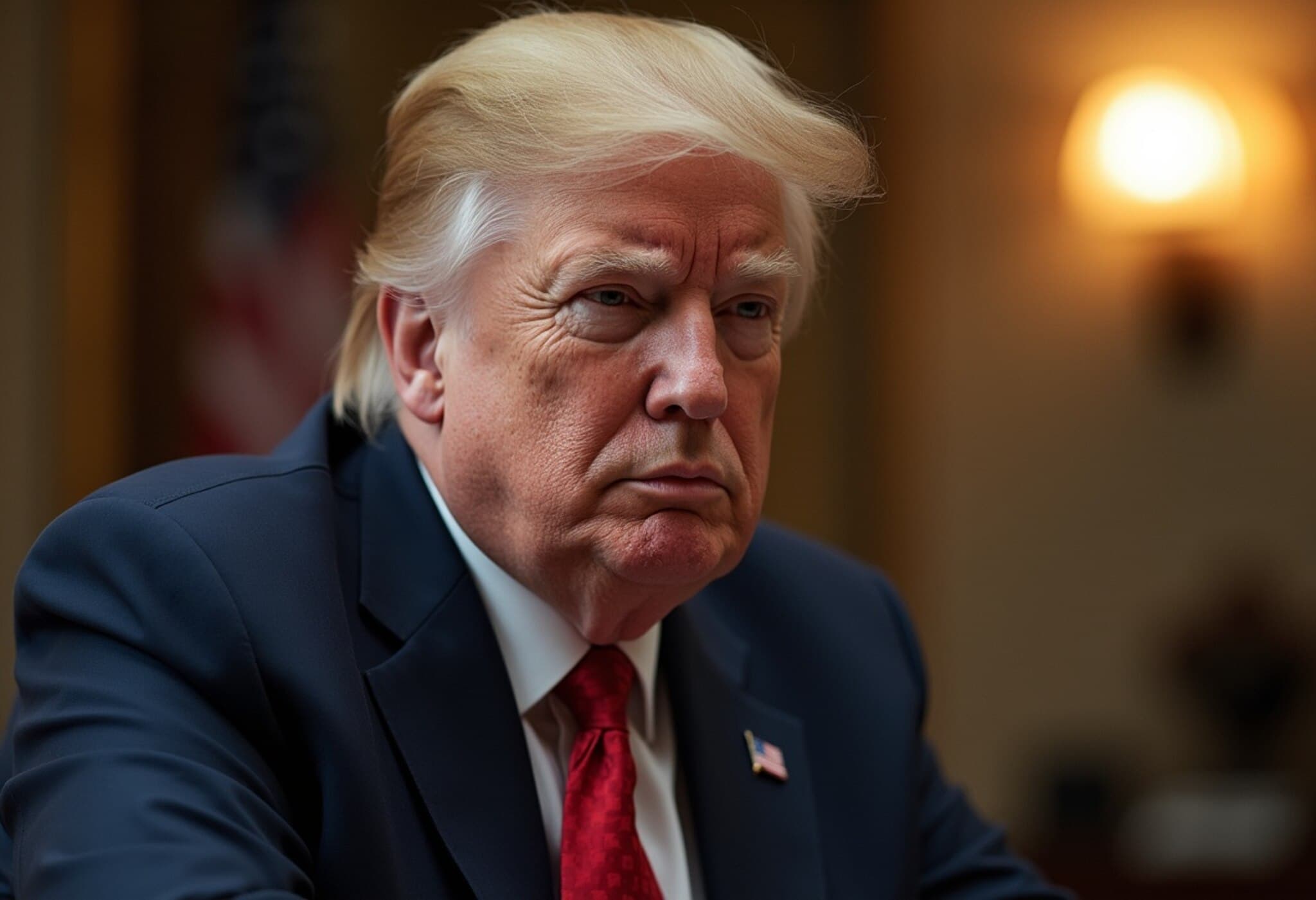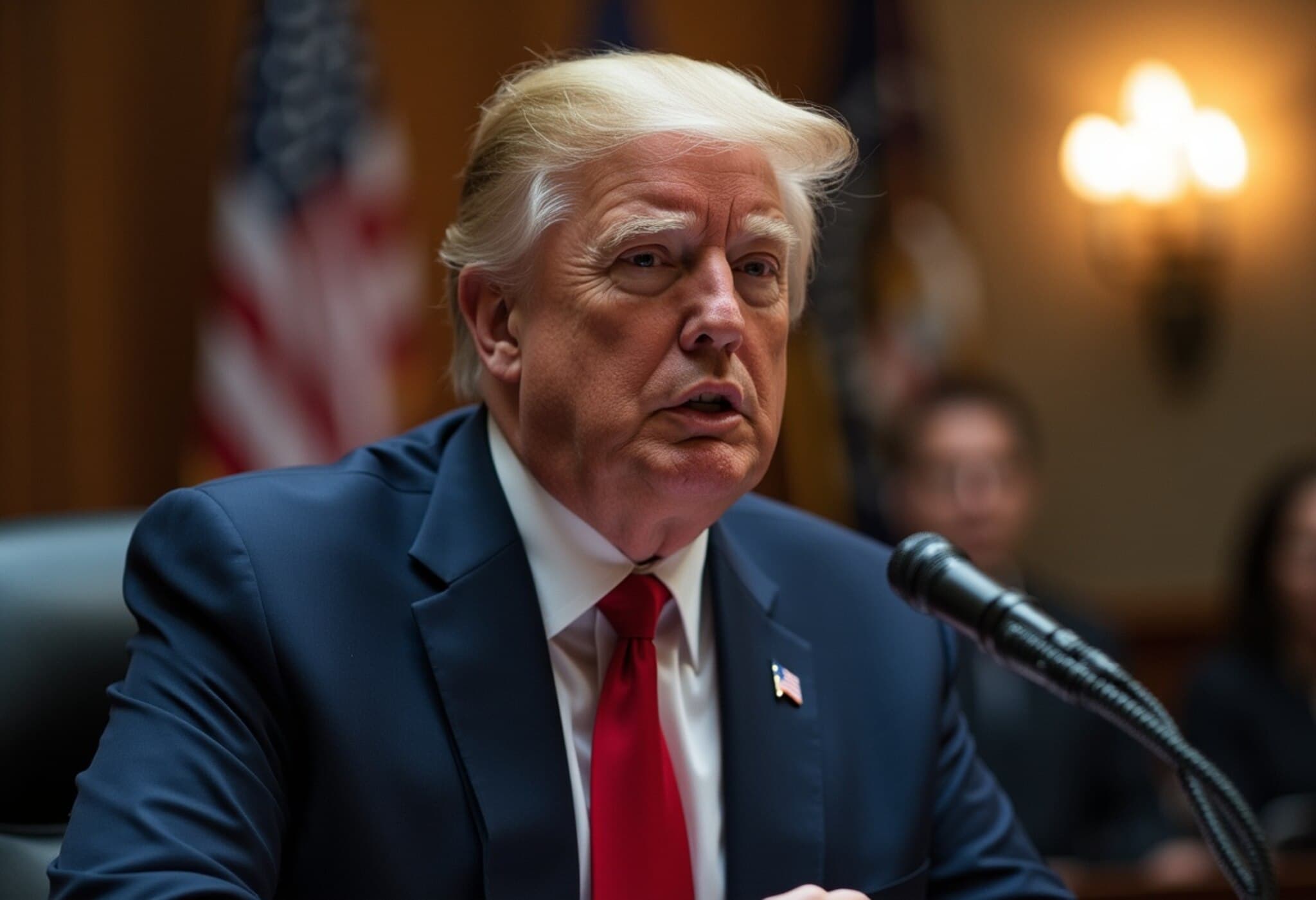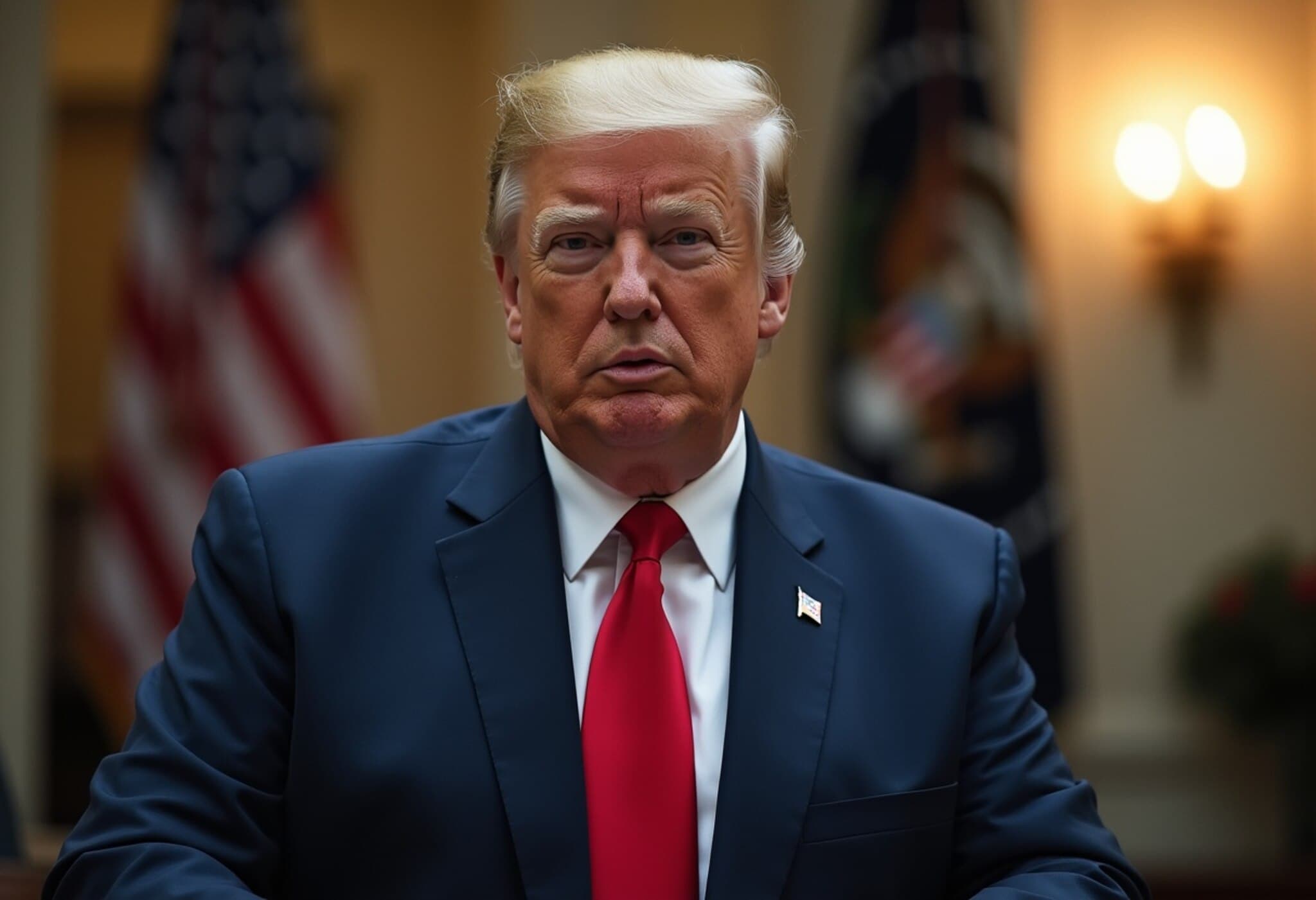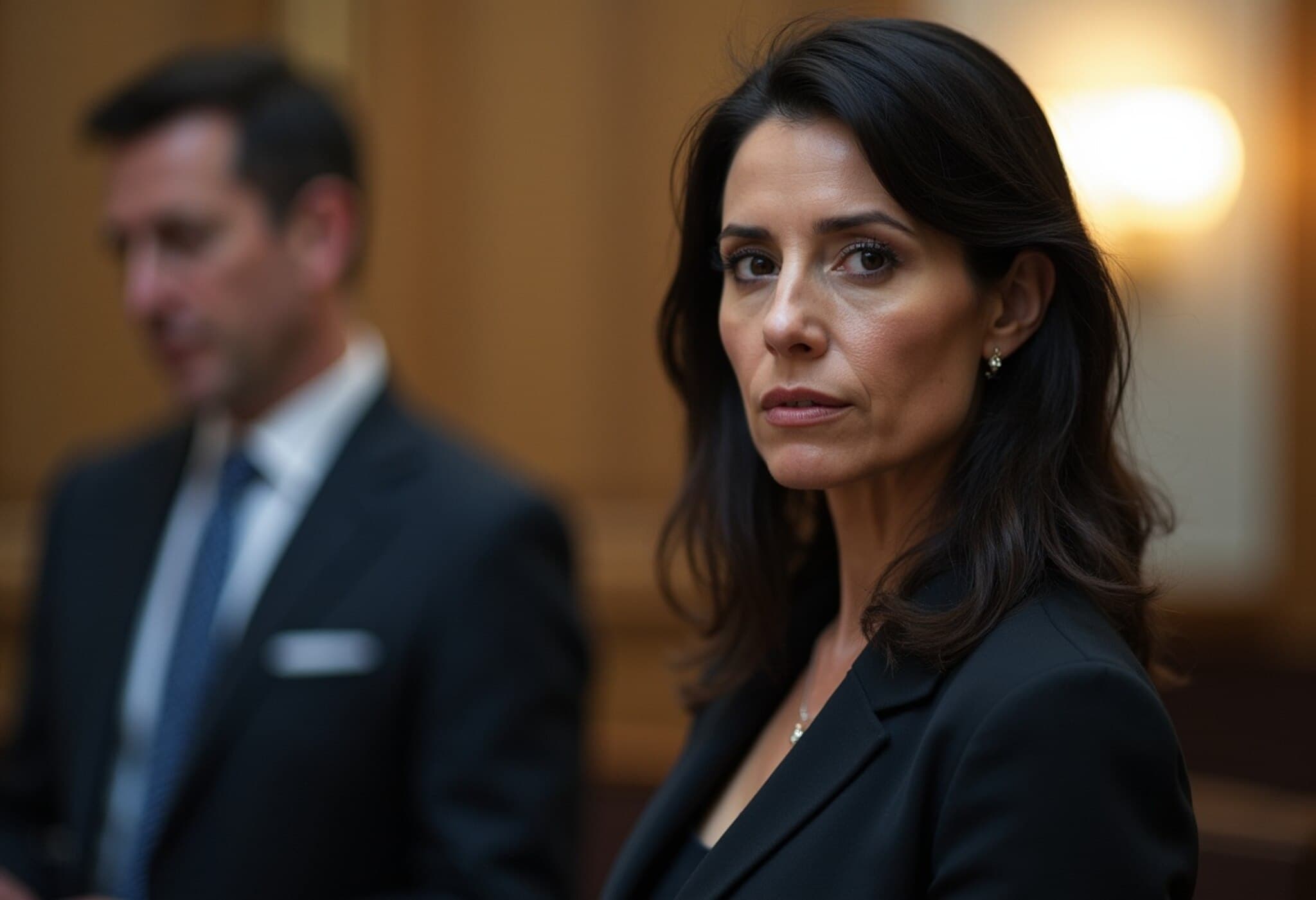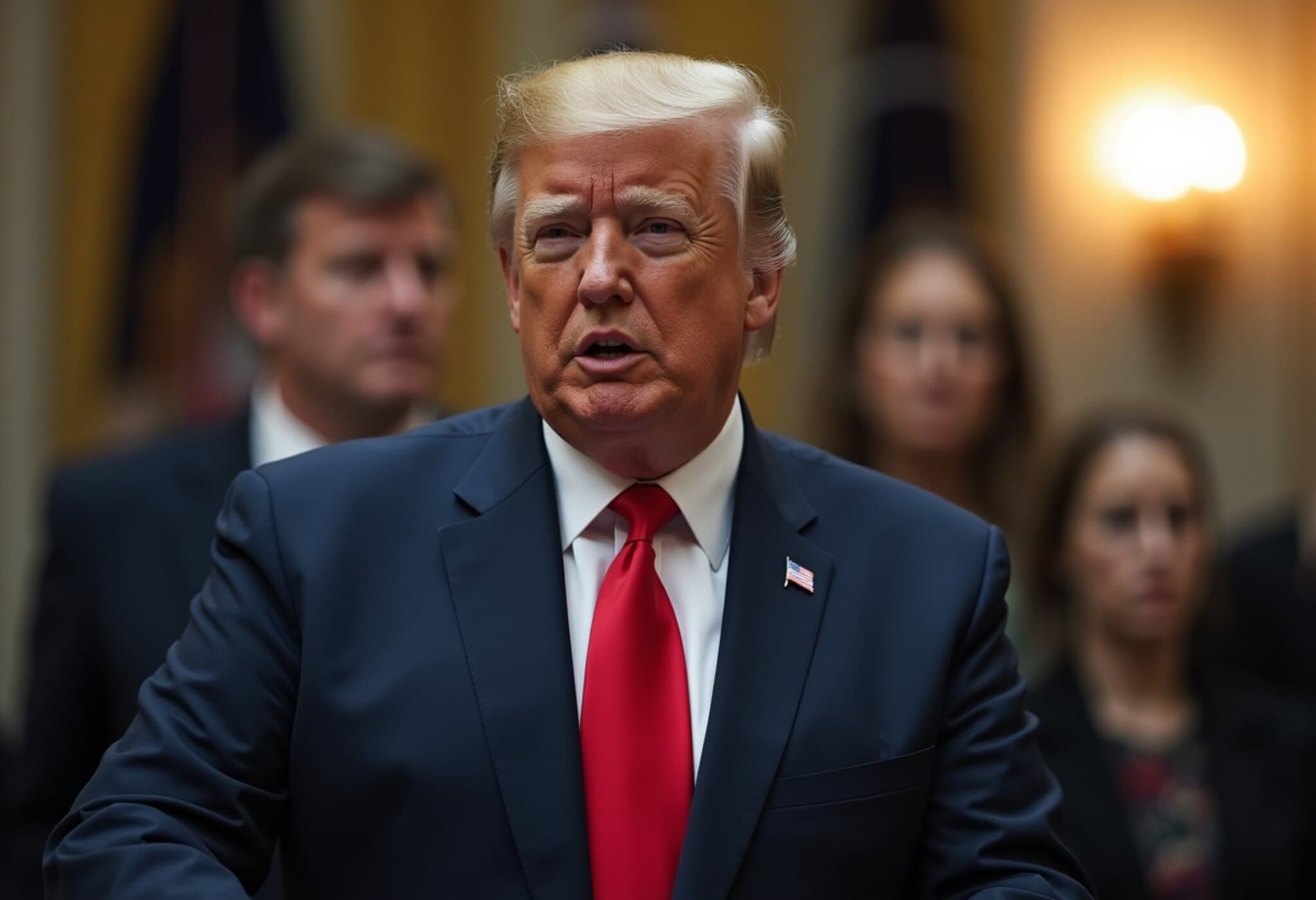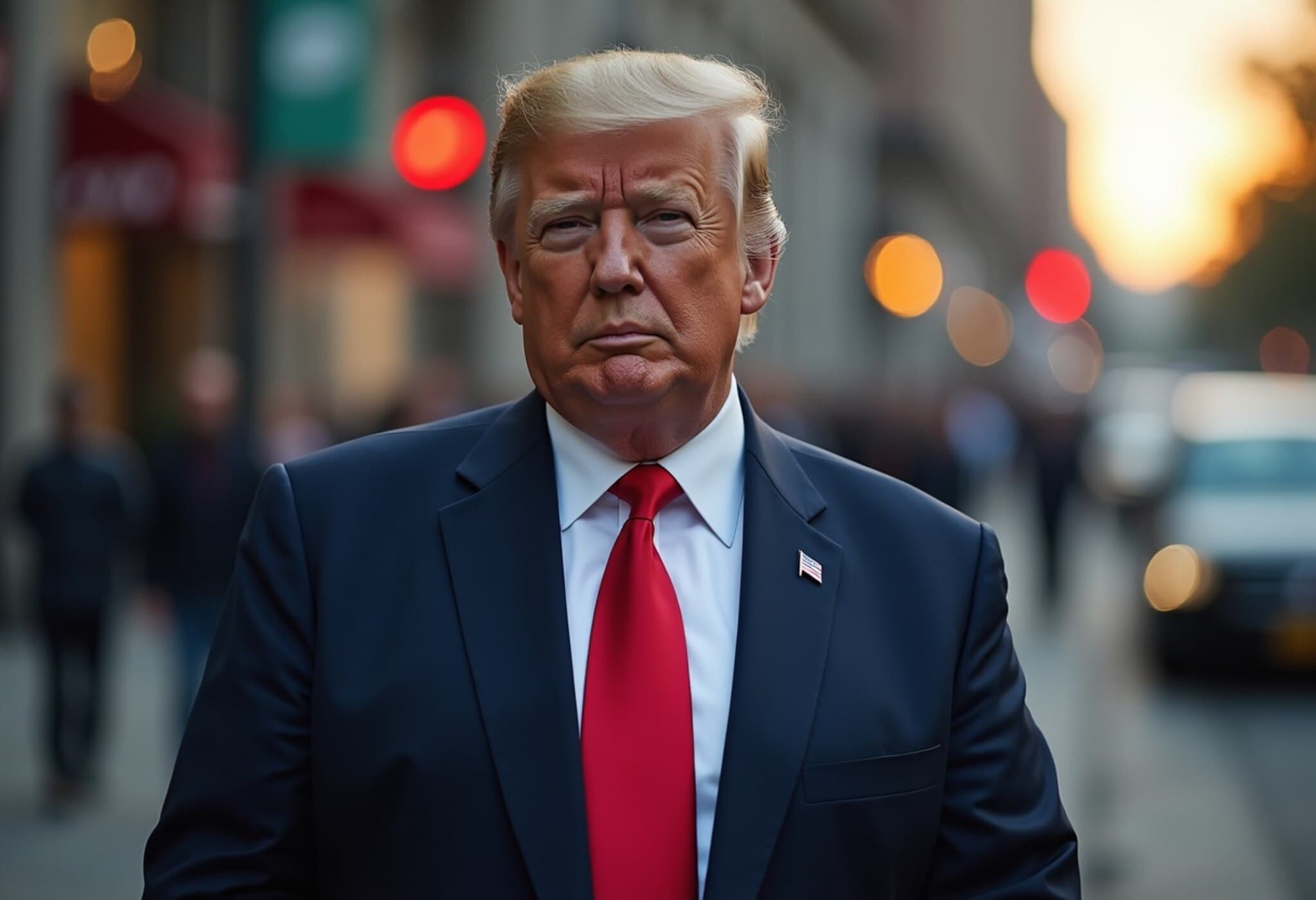DOJ Intensifies Efforts to Release Epstein and Maxwell Grand Jury Transcripts
In a late-night flurry of court filings, the U.S. Department of Justice (DOJ) has taken a significant step toward unsealing the grand jury transcripts tied to the infamous sex trafficking cases of Jeffrey Epstein and Ghislaine Maxwell. This move seeks to bring a new level of transparency to proceedings that have, until now, been shrouded in secrecy, igniting fresh public interest and legal scrutiny.
Victim Notifications: A Key Step Forward
One of the critical updates in the DOJ’s July filings reveals that all but one of the victims referenced in these sealed transcripts have now been formally notified. These notifications are a legal requirement before such sensitive materials can be unsealed. The DOJ acknowledged ongoing attempts to reach the final unidentified victim and committed to notifying any other individuals mentioned within the transcripts.
Manhattan District Judge Paul Engelmayer recently underscored the importance of this step, noting concerns that victims might not have been informed prior to initial requests to release these records. This revelation addresses a previously overlooked aspect of justice for survivors and reinforces the delicate balance between transparency and victim privacy.
Background: Controversy Over DOJ’s Handling of Epstein Case Files
Earlier in July, the DOJ sparked public backlash when it unexpectedly pivoted from prior promises by deciding not to release Epstein-related case files. Critics argued that this reversal undermined accountability, especially given Epstein's high-profile suicide in federal custody in August 2019, weeks after his arrest on child sex trafficking charges.
In response, the Trump administration pressed for greater disclosure, culminating in efforts to unseal grand jury materials. This renewed scrutiny included interrogations of Maxwell last week by senior DOJ officials, probing for information about other alleged perpetrators within Epstein’s network.
Judicial Oversight and the Path Ahead
The recent filings were submitted to two federal judges overseeing separate aspects of these cases: Judge Engelmayer for Maxwell's ongoing criminal matters and Judge Richard Berman, who had jurisdiction over Epstein’s case until his death.
The DOJ emphasized a compelling public interest in releasing these documents, acknowledging that they not only illuminate the horrific crimes committed by Epstein and Maxwell but also the extensive investigative work conducted by federal authorities.
Insights Into Grand Jury Proceedings
Among the details disclosed, the DOJ highlighted that testimony before the grand juries largely consisted of accounts provided by an FBI agent and a New York police officer on an FBI task force—each relating victims’ statements through hearsay, which is permissible in grand jury settings but normally excluded during trials. This nuance illustrates the procedural distinctions that often remain opaque to the public.
Maxwell, currently serving a 20-year sentence in Florida after her 2021 conviction for procuring and grooming underage girls for Epstein’s abuse, remains a central figure in the fallout from these disclosures.
Why Transparency Matters: Beyond the Headlines
Unsealing these grand jury transcripts promises more than just satisfying public curiosity; it represents a crucial step toward comprehensive justice and institutional accountability. As investigations continue to unravel possible enablers and additional perpetrators, the broader implications for legal reforms around witness protection, victim rights, and grand jury transparency are immense.
Moreover, this case serves as a stark reminder of systemic vulnerabilities that allow exploitation to persist under the radar. Public access to such documents could fuel policy discussions on how federal and state systems can strengthen safeguards for vulnerable populations.
Editor’s Note
The DOJ’s renewed push to unseal grand jury materials in the Epstein and Maxwell cases reveals both the complexities of balancing victim privacy with public transparency and the ongoing quest for justice in high-profile sex trafficking investigations. As these documents potentially expose new information, they invite critical questions: Will greater transparency lead to systemic change? How can the justice system better support victims while preserving the integrity of investigations? Our coverage will continue to explore these vital issues.


